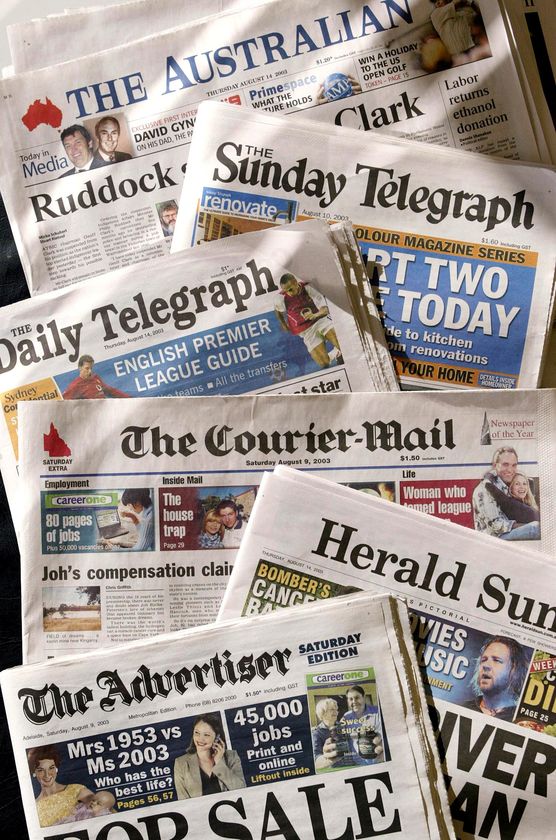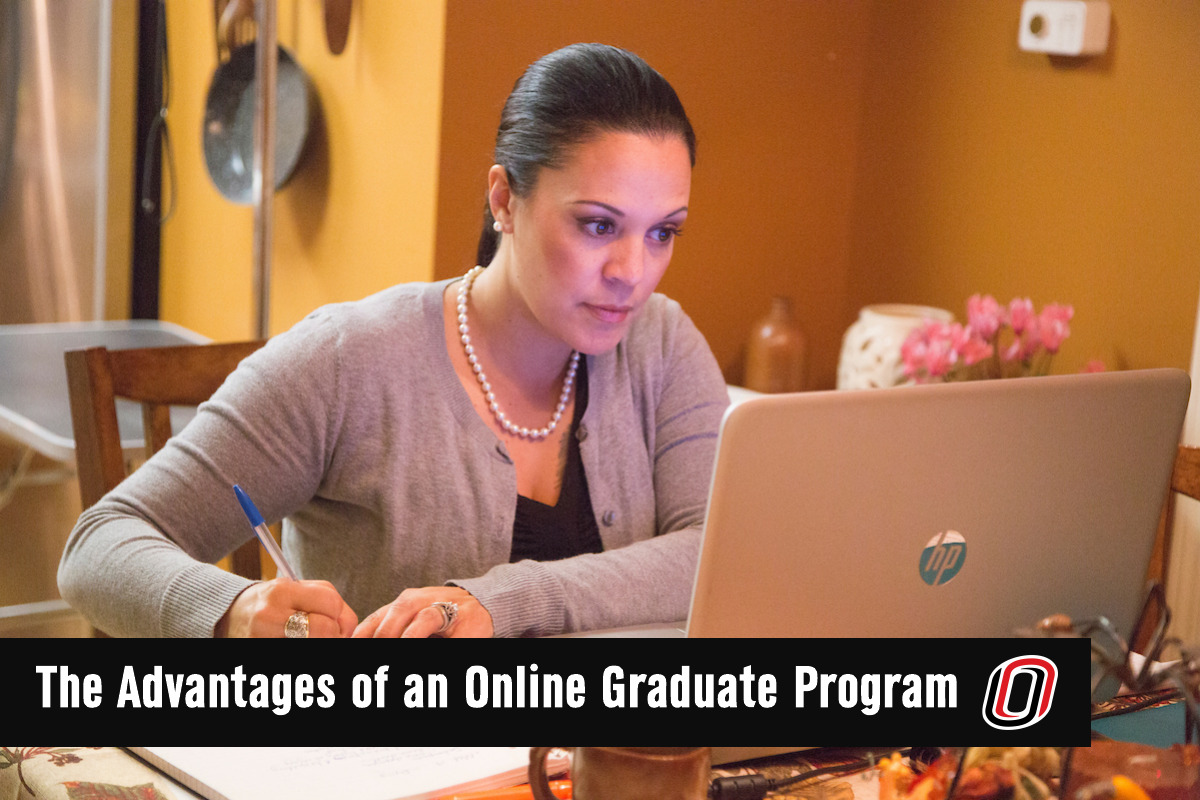Little Known Facts About Online News.
Little Known Facts About Online News.
Blog Article
The Best Guide To Online News
Table of ContentsThe 8-Minute Rule for Online NewsThe Best Guide To Online NewsThe Buzz on Online NewsThe smart Trick of Online News That Nobody is Talking AboutLittle Known Questions About Online News.
As an example, figures for the proportion of individuals spending for online news were within the margin of error for both studies. Let's first take into consideration people who have accessibility to information that you would normally have to pay for. It makes good sense to begin here due to the fact that some people have access to paywalled news via free trials, through their job, and more.There are different types of gain access to, however the 3 most typical are subscriptions to on the internet information from a single brand, subscriptions to a print/digital package from a solitary brand, and a membership to several brand names aggregated in one location. Of these, digital-only registrations to a solitary brand name are the most typical form of accessibility in all three nations.
Paid information aggregators are relatively prominent in the US, primarily many thanks to Apple News+, yet currently these are much much less typical than memberships to single news brand names. As we saw in the Executive Summary, people primarily have accessibility to among a small team of prominent brands. In the United States, over fifty percent of these individuals have accessibility to either the New York Times or the Washington Blog post, and in the UK, it's The Times or the Telegraph.
Rumored Buzz on Online News
However, a lot of this team have access due to the fact that they are spending for subscriptions with their own money 75% in Norway and the UK, and 84% in the United States. For under-45s the figure is lower. Yet amongst those 45 and over, the large majority of those that have access are paying with their own cash.
In the USA and specifically Norway, lots of authors have introduced paywalls, which means more individuals will be asked to pay probably increasing a sense of scarcity and creating a sensation that information can be worth paying for. In the UK, by contrast, only a fairly little number of publications try to charge for news.
In this respect it interests compare the different reasons clients give up the United States and UK for paying for on-line news. On the whole, one of the most essential element is the diversity and top quality of the content. In both nations, clients believe they are improving information than from free sources.

Little Known Facts About Online News.
These added elements appear to be specifically useful for retention as they construct habit and are much less replicable somewhere else. For Norwegians also the diversity of content prevailed in addition to ease and ease of use. 'Aftenposten is a serious paper with fantastic high quality', stated one respondent, but it was striking that 'sustaining great journalism' is much less of an inspiration (21%) perhaps due to the fact that mainstream media outlets are viewed as less polarised in Norway.
Additionally, around half click here for more of those that presently have free accessibility say that they could start paying if their open door runs out. This is motivating, and perhaps extra motivating still is that these figures indicate retention rates that approach those for memberships to video and audio streaming services like Netflix and Spotify.
It can also be seen as a helpful pointer that individuals do not necessarily subscribe permanently, and boasts about the number of 'brand-new clients' may not be telling the entire tale (Online News). There's substantial 'spin' around, as many individuals end their complimentary trials before they need to pay, or merely terminate their registrations to invest their cash on various other points
Women, 37, Norway It cost way also much and I can obtain round the paywall. Male, 36, US Too pricey, really felt there was nothing I could not obtain totally free on Apple News. Women, 19, UK In the UK, the number of people that made use of to have accessibility to paid information (10%) is close to the number of people that presently have accessibility (9%) with the equivalent numbers from the United States and Norway greater still (albeit reduced than the number of individuals with accessibility).
The 6-Minute Rule for Online News
As we have actually already seen, existing subscribers are reasonably satisfied, but with revenue from electronic marketing unsure numerous authors will certainly be seeking to boost the number of new subscribers. In comparing our 3 nations we see some intriguing distinctions that can inform publisher approaches. We observe a very high proportion (40% in the US and 50% in the UK) who state that absolutely nothing can persuade them to pay.
However in Norway, where passion in news has a tendency to be higher the original source and where free information is more restricted only 19% claim they couldn't be convinced. Cost and convenience are some of the vital factors that might make a distinction. In Norway, a third (30%) say they could subscribe if it was cheaper and 17% if they can pay to gain access to multiple websites from a single settlement.
Publishers have actually increasingly been offering differential prices to select up company from those unlikely to pay full price (e.g. overseas clients and trainees). Paying to stay clear of invasive ads is another possible course for authors, with around one in seven respondents in all three nations saying this this might lure them to subscribe.

The 15-Second Trick For Online News
The concern of losing out can be an effective obstacle. Some outlets now ask readers to register with them in order to be able to access a small number of posts absolutely free. Several reporters would see this as a fair trade-off, but the public are a lot more skeptical. In all three nations fewer than half assume signing up is a reasonable trade, however it's likewise clear that people are not strongly opposed either.
Between 13% and 22% in our three countries say they signed up to access news web content in the in 2015. Some are also making use of other strategies to navigate paywalls such as resetting cookies, transforming their browser settings, or even downloading and install committed software. Just a 3rd say they have actually ever tried to do something such as this, as it needs a particular degree of digital proficiency, and lots of are possibly not aware that is a possibility.
People have different sights about the legal rights and misdoings of trying to sidestep paywalls. Few would certainly argue that this is constantly understandable, but some individuals do have reservations around vital public-interest journalism only being offered to those willing and able to pay for it. A paywalled expos of the UK federal government's handling of the coronavirus break out by the Sunday Times caused a heated discussion about the problem on Twitter, with some attempting to freely share the complete article.
Report this page